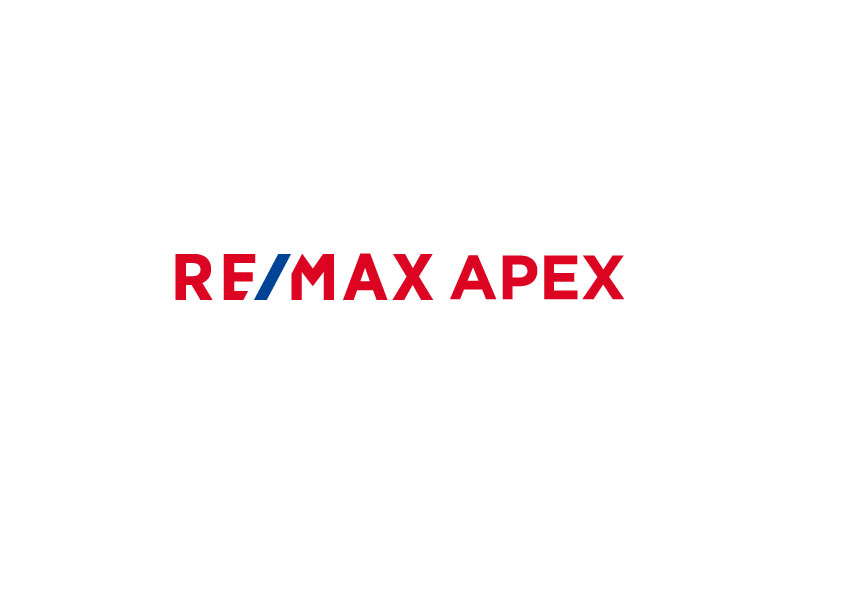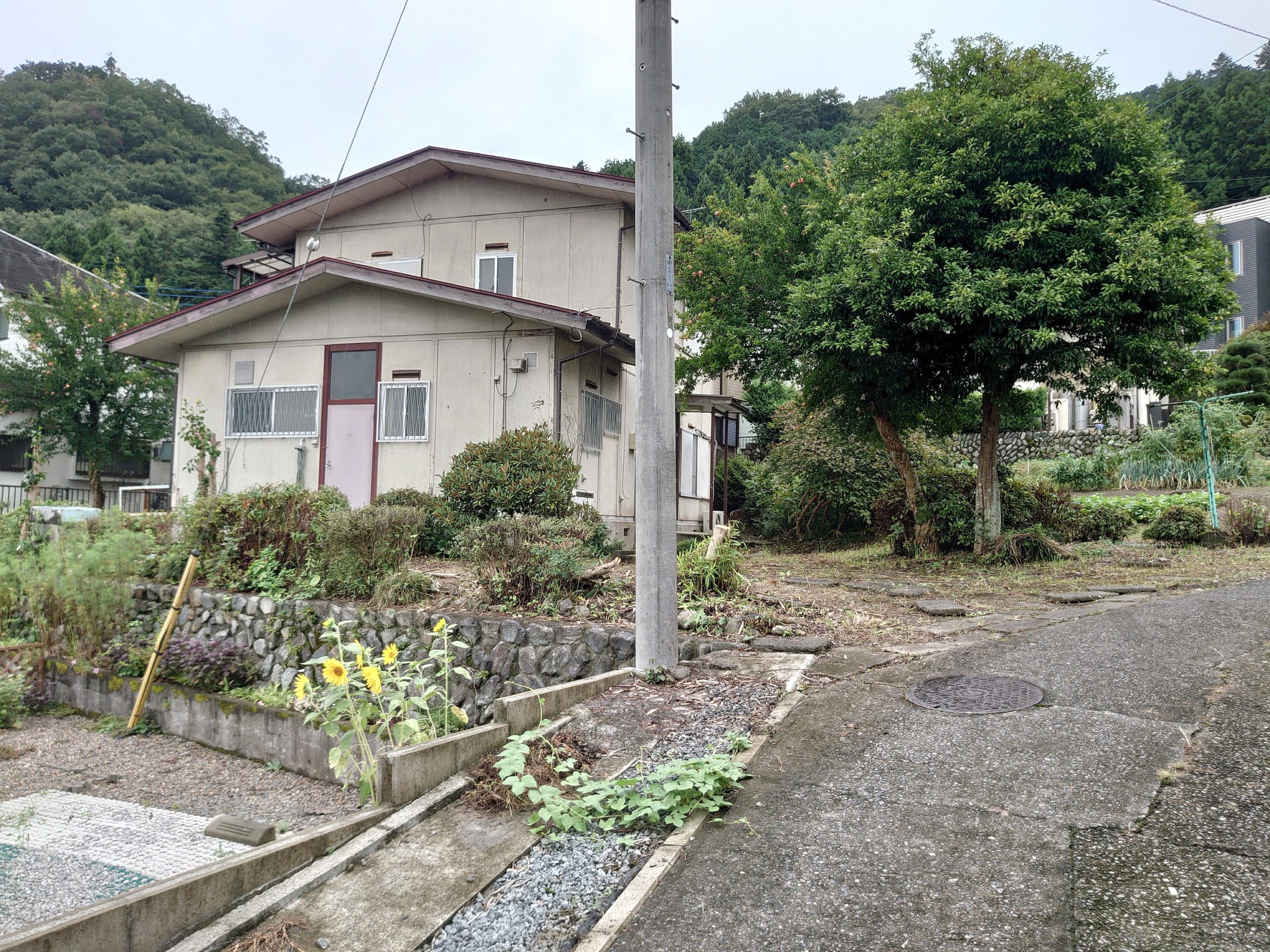It appears the amount of remuneration for low-cost vacant houses will be revised.
Currently, when buying or selling real estate for 4 million yen or less, the upper limit of the brokerage fee that can be received from the seller is 180,000 yen (excluding tax). This partial amendment (draft) will set the renumeration for properties below 8 million yen to 300,000 yen (excluding tax).
The upper limit of the brokerage fee is 3% + 60,000 yen if the transaction value is 4 million yen or more. Under current regulations, if you broker a vacant house worth 8 million yen, the fee that can be charged to the seller is 300,000 yen (8 million x 3% + 60,000 yen = 300,000 yen), and the brokerage fee of 8 million yen or more is no different from the current situation.
What will make a difference in this revision is the transaction of lower-priced vacant houses.
The chart below will compare the upper limit of the current brokerage fees with the proposal for the revision of brokerage fees for vacant homes below a price threshold.
| Property Price | Current Condition | Proposal | Difference |
| ~ 4 million Yen | ¥180,000 | ¥300,000 | ¥120,000 |
| 5 Million Yen | ¥210,000 | ¥300,000 | ¥90,000 |
| 6 Million Yen | ¥240,000 | ¥300,000 | ¥60,000 |
| 7 Million Yen | ¥270,000 | ¥300,000 | ¥30,000 |
| 8 Million Yen | ¥300,000 | ¥300,000 | ¥0 |
As mentioned above, the structure is such that the lower the price of the house, the more benefits it will receive from the reform. This is through the lens of the real estate agency and or agent.
Vacant houses, for example family homes which have been abandoned for many years, have many areas which need attention in addition to the structural parts such as the roof and walls, such as problems with the water system, disposal of leftover belongings, and maintenance of the garden. It is necessary for the seller and the buyer to adjust the extent to which the buyer will be responsible for these matters, and to what extent the seller will be responsible for non-conformance with the contract (to what extent the seller will be exempted from liability). The amount of time and effort required for these is not comparable to contracts for recently built condominiums in the city center.
Furthermore, the fact that there are many adjustments to be made means that there is a high possibility that the brokerage will be held responsible for intermediary liability due to troubles such as misunderstandings between buyers and sellers. Furthermore, these types of projects are often located in inconvenient locations , and the burden of on-site and government office inspections can be cumbersome. Therefore many intermediaries will decline even if they receive such a consultation.
It is not often that one hears of a 50 to a 100-million-yen condominium for sale in city centers which are “in trouble” because it is vacant. This is because there are plenty of contractors who are willing to take on the work because they can expect to be paid in the millions (yen), even if it takes a lot of time and effort. On the other hand, inexpensive vacant houses in the suburbs are often left unattended because the fees are not commensurate with the value of the property. The increase in the upper limit from 180,000 yen to 300,000 yen is expected to contribute to the liquidation of vacant houses.
Incidentally, it is difficult to find a condominium in good condition for less than 8 million yen in the Tokyo metropolitan area, Kansai region, etc. Real estate in Japan has become a completely “separate market” for urban and suburban areas, condominiums and single-family homes.

For additional information or any questions please contact us here
Email: info@remax-apex.com

